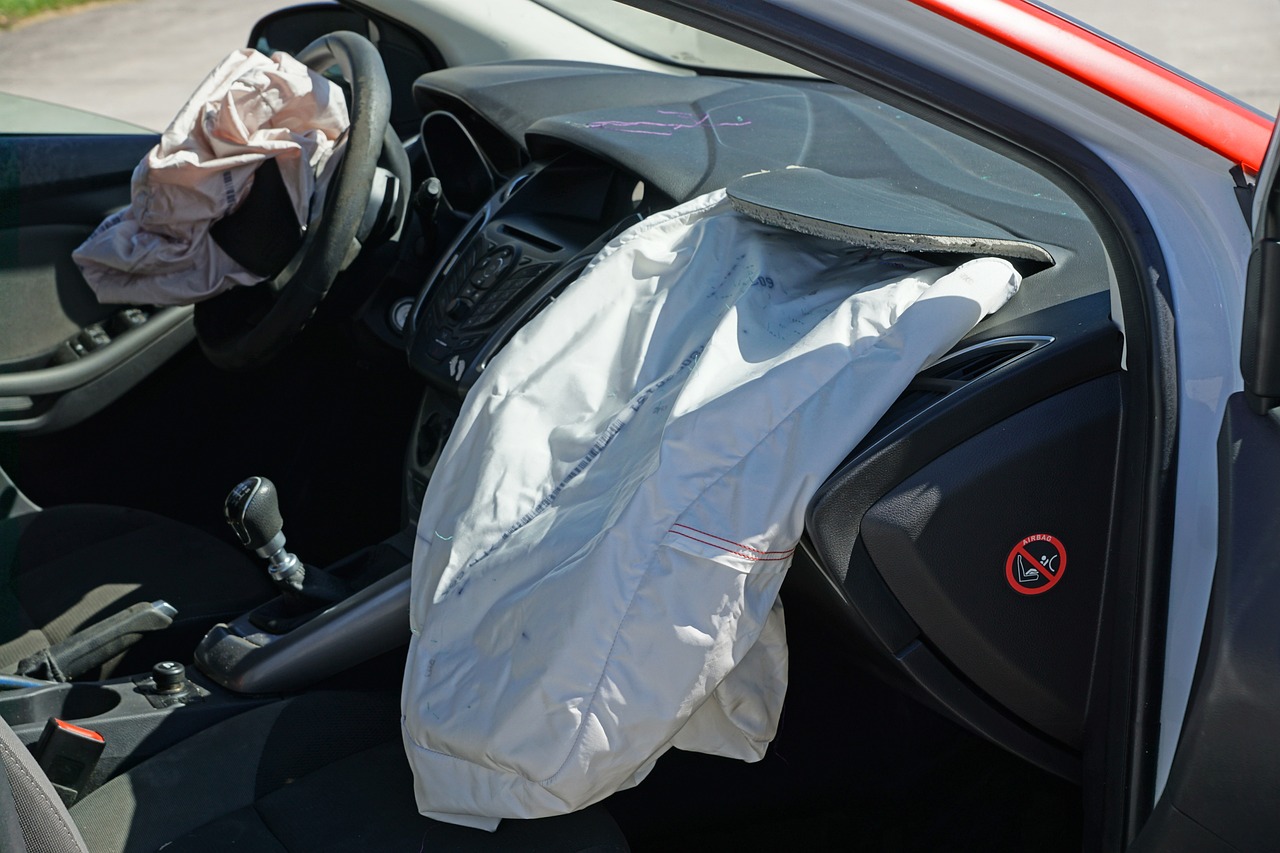Auto insurance is what most people don’t even consider until the moment they require it. For many individuals, it is a mere addition to the list of monthly subscriptions. But in addition to the cost and the forms, car insurance means having a fallback to help you out when life happens — whether in the form of an auto accident, theft, or simple misfortune.
Learning about car insurance can be somewhat easily but choosing the right one is quite challenging. That is why it only seems that when a person is confronted by numerous distinct policies, choices and provisions, he or she may become bewildered or simply fail to understand what sort of insurance is actually necessary. However, understanding car insurance is not just the knowledge a layman needs to be aware of; it involves providing for you, your family, and your wallet – or lack there of.
The Basics The importance of having car insurance.
Car insurance is mandatory in most states, and for good reason: it offers a kind of financial security in the instance of an accident, harm or loss. They’re here to assist you financially when things break or when you or your family need a doctor. Without insurance, you would be directly responsible for these expenses leaving you financially ruined in most cases.
But insurance does not only shield you but it also shields other individuals using the road topics related to insurance. In the event of an accident which you caused, your insurance company pays for the expenses of the other person’s car or for his or her hospital bills. This makes sure that people are not left on the roadside without the capacity to meet the costs of own loss.
Types of Car Insurance: What Do You Really Need?
In general, car insurance is not a one-size-fits-all product and the type of insurance that you should get should be informed by your situation, your vehicle, the level of protection you desire among other considerations. Here’s a quick breakdown of the most common types of car insurance coverage:
Liability Insurance
This is the most basic coverage allowed in most states today. Liability policy pays for the losses that you inflict on other people’s property or their medical cost in case of an accident by you. It does not apply to your own car or bodily harm or.
Collision Insurance
Collision insurance for car, if you are involved in an accident with another vehicle or any other object such as tree or a fence, thencollision insurance will pay for destruction of your car irrespective of who was at fault. This is especially useful if your car is new or has rather high market value so it would be difficult to replace it.
Comprehensive Insurance
It pays for damages that aren’t the result of an accident, like theft, vandalism, disaster or running into a deer.It deals with the repairs replacement of your car at ascious that does not require a collision.for good reason: it provides a financial safety net in the event of an accident, damage, or theft. It’s there to help you cover the costs of repair or medical bills when things go wrong. Without insurance, you would be left to pay for these expenses out of pocket, which can quickly become financially devastating.
But insurance doesn’t just protect you—it also protects other drivers on the road. If you’re in an accident that’s your fault, your insurance helps cover the damage to the other person’s vehicle or any medical expenses they incur. This ensures that people aren’t left stranded without the means to pay for their own damages.
Uninsured/Underinsured motorist coverage
This coverage comes into play in situations where you have a car accident and the other driver’s insurance either doesn’t exist or is inadequate to cover all the costs of a crash. This is important especially in regions where majority of car owners have little or no insurance cover.
Rental Car Coverage
Rental car coverage: If your car is in shop for repairs because of an accident, the company will pay for a rental car. That is a plus if you are a driver who drives the car on a regular basis.
Factors Affecting Your Premiums What Determines Your Cost?
Probably one of the most discouraging things about having car insurance is the prices. Premiums may differ due to one reason or another, and knowing what causes a difference in rates can make so much difference. Here are some key factors that insurers consider when determining your premium:
Your Driving Record
Some factors that will cause low premiums include a clean driving history. If before you had accidents or traffic violations, then you will not get the lower rates of auto insurance companies. Insurance companies believe that high risk drivers are inclined to make claims on their insurance policies.
The Type of Car You Drive
Your insurance premiums are affected by the make, model, and age your car. High end makes such as luxury, sports, or newer models are expensive to insure because their repair costs or their replacement cost is relatively high.
